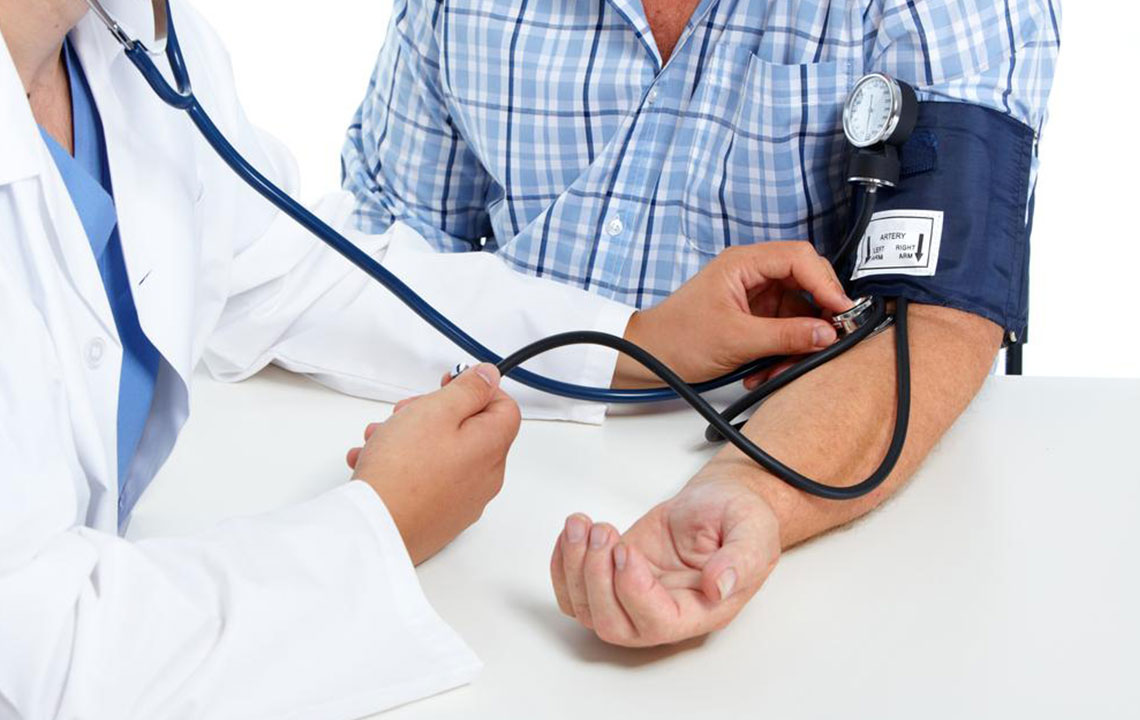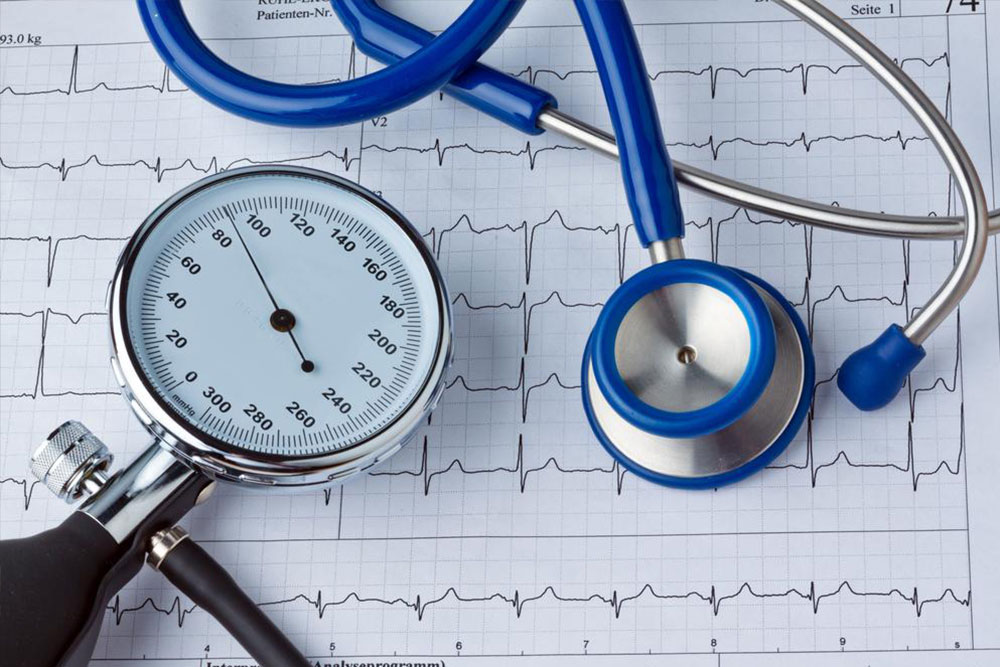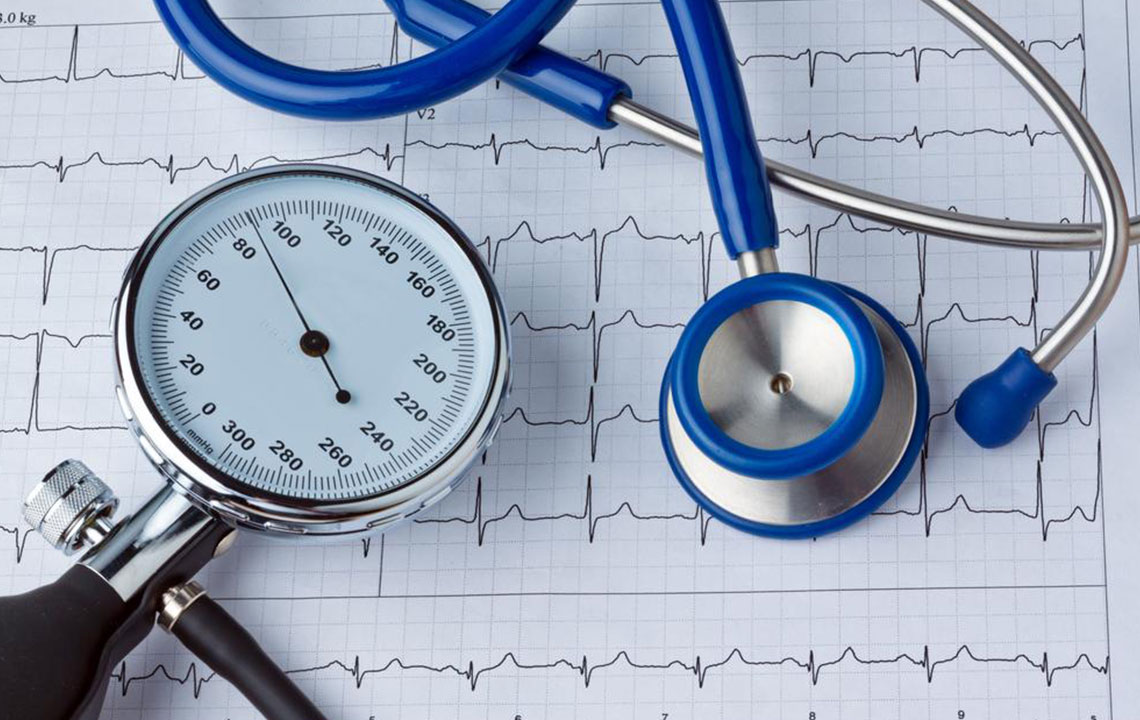Natural and Effective Strategies to Manage High Blood Pressure in Adults
Discover comprehensive natural strategies to effectively manage high blood pressure in adults. This detailed guide covers dietary modifications, weight management, physical activity, stress reduction, and regular monitoring to promote cardiovascular health. Incorporate these evidence-based practices to lower blood pressure, decrease dependence on medications, and improve overall well-being.

Natural and Effective Strategies to Manage High Blood Pressure in Adults
High blood pressure, medically known as hypertension, is a common condition that affects millions of adults worldwide. It is a significant risk factor for heart disease, stroke, kidney failure, and other serious health issues. While genetics and age play considerable roles in the development of hypertension, lifestyle choices are crucial in managing and preventing high blood pressure. Many healthcare professionals advocate for a comprehensive approach that combines traditional medication with natural strategies to achieve optimal blood pressure control. This article delves into effective, natural methods to help adults regulate their blood pressure, improve overall cardiovascular health, and reduce dependence on medication where appropriate.
Implementing dietary changes is one of the most impactful ways to control hypertension naturally. The Dietary Approaches to Stop Hypertension (DASH) diet is highly recommended by health experts. This eating plan emphasizes the consumption of nutrient-rich foods such as whole grains, fresh fruits, an abundance of leafy greens, low-fat dairy products, and foods high in potassium like bananas and sweet potatoes. It advocates reducing saturated fats and cholesterol intake, replacing them with healthy fats from sources like nuts, seeds, and olive oil. Following the DASH diet can lead to a significant reduction in systolic and diastolic blood pressure, often by nearly 11 mm Hg, which can considerably lower cardiovascular risk. Additionally, reducing sodium intake is vital, as excess salt intake has been directly linked to elevated blood pressure. The American Heart Association recommends limiting sodium to less than 2,300 milligrams per day, with an ideal limit of 1,500 milligrams for most adults. Reading food labels carefully and avoiding processed foods with high salt content can markedly improve blood pressure control.
Maintaining a healthy body weight is another cornerstone of managing hypertension naturally. Excess weight places additional strain on the heart and increases blood pressure. Even modest weight loss — as little as 5-10% of body weight — can produce substantial reductions in blood pressure levels. Attention should be paid to central obesity or abdominal obesity, as waist circumference is a strong predictor of cardiovascular health. A healthy waistline, typically less than 40 inches for men and 35 inches for women, can significantly reduce the risks associated with high blood pressure. Achieving and maintaining a healthy weight is best accomplished through a balanced combination of diet and regular physical activity.
Regular physical activity is fundamental in managing hypertension. Experts recommend engaging in at least 150 minutes of moderate-intensity aerobic exercise per week, which includes activities such as brisk walking, cycling, swimming, or jogging. Such routines have been shown to reduce systolic blood pressure by approximately 5 to 8 mm Hg in many individuals. Consistency is essential—stopping an exercise routine can cause blood pressure levels to rebound. Incorporating strength training and flexibility exercises can complement aerobic workouts, contributing to overall cardiovascular fitness. It is advised to consult with healthcare providers before starting any new exercise program, especially if there are existing health conditions.
Stress management is an often overlooked but critical element in natural blood pressure management. Chronic stress can lead to prolonged elevation of blood pressure and contribute to cardiovascular disease. Therefore, incorporating relaxation techniques such as meditation, deep breathing exercises, yoga, or tai chi can be highly beneficial. Identifying sources of stress, whether work-related, familial, or personal, and developing coping strategies helps maintain healthier blood pressure levels. Additionally, ensuring adequate sleep, engaging in hobbies, and practicing mindfulness can all contribute to reducing stress. While the relationship between stress and blood pressure is complex, managing stress is an important component of overall cardiovascular health.
Regular monitoring of blood pressure readings at home and routine check-ups with healthcare professionals are vital for effective management. Recognizing early signs of hypertension and understanding individual target levels enables timely intervention. If readings are consistently high, healthcare providers may adjust treatment plans or recommend additional lifestyle modifications. Combining natural strategies with medical advice ensures a comprehensive approach that can reduce reliance on medication over time, where appropriate. Patients should always follow medical guidance and report any significant changes in their health status for optimal management of hypertension.





